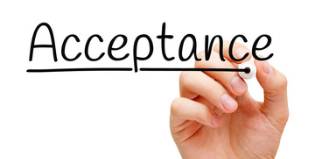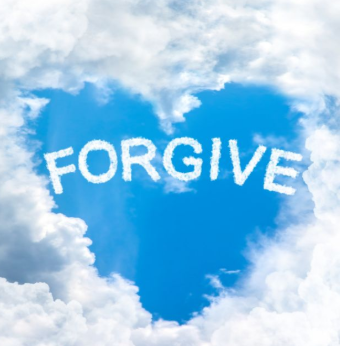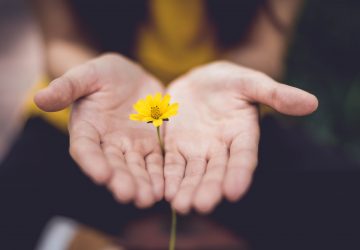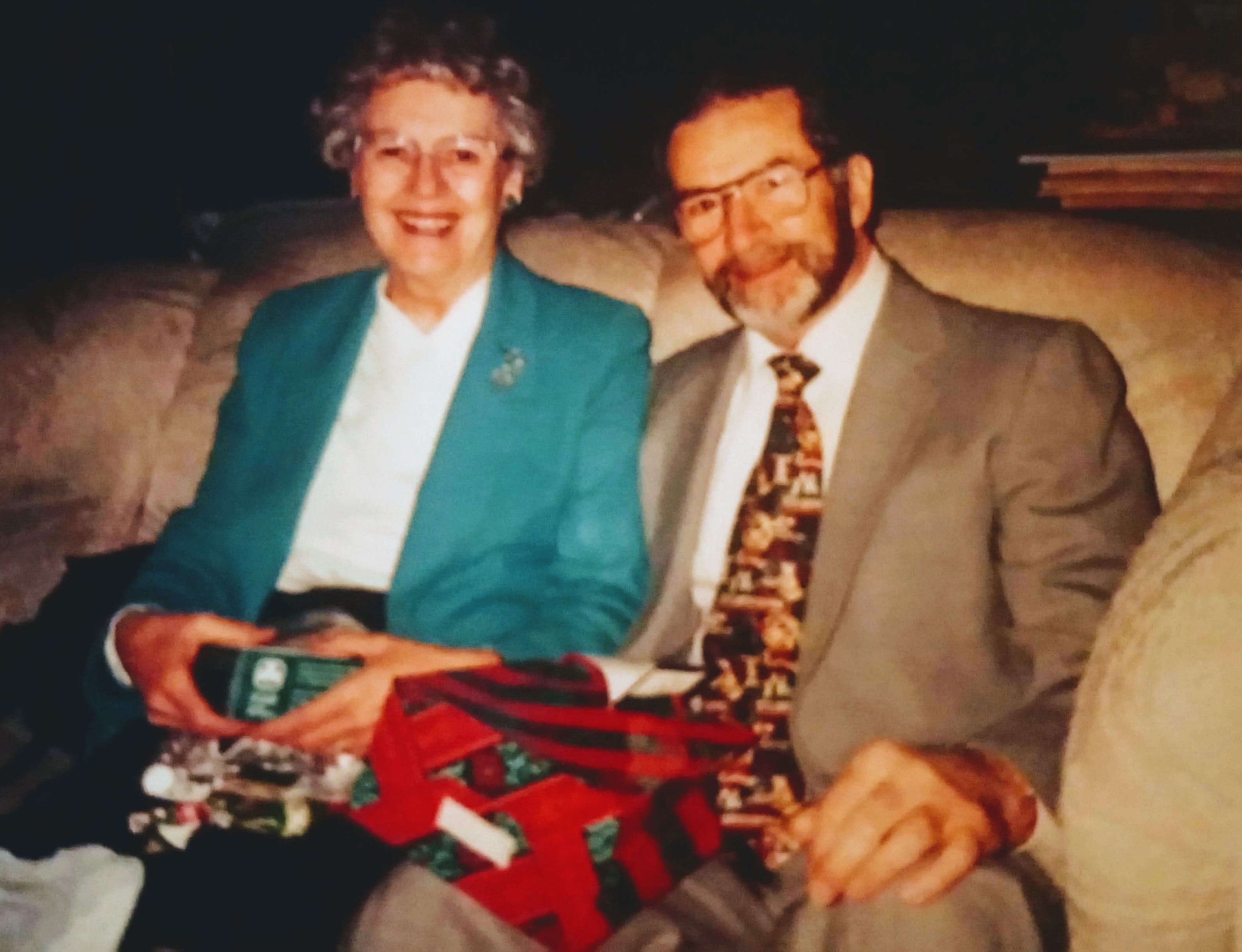
Creating boundaries – dealing with difficult people
Throughout my life I have encountered some difficult relationships. Perhaps you have as well. These are relationships I cannot separate myself from because they are people whom I care about deeply. Or whom I am in relationship with by necessity, through varying circumstances.
You should know in this discussion I am not referring to my husband as a “difficult” person. There have been rough times and there are times we have considered each other difficult. However, we recognized the value of love and commitment to one another. And, with hard work, counseling, lots of prayer, and tips from respected people in our lives, we persevered. At present, we enjoy a mostly smooth relationship.
But those difficult people? They are a challenge and ceasing to see them not an option. So what do I do?

What to do:
While pondering I’ve come up with a process. These steps result from counseling, and/or trial and error. They are practical and actionable and have helped me. I need not make others responsible for my sense of well-being. Spending time with friends and family or others in my community, can bring immense satisfaction and pleasure.
Still, there are difficult people in my life, and at times they may include those in the above mentioned groups. My thoughts, and how I process them regarding encounters with them, affects my feelings.
So here are some steps to take:
Acceptance
1 – As much as I can, I need to learn to accept each person as they are. It’s a big job, but vital. I cannot change the person; nothing I say or do can alter someone else.

Any change must come from the other person’s inner motivation to change or a supernatural working of God on the person’s life. To cry, coax, wheedle, whine or attempt to manipulate does not work. Period.
In acceptance lies peace, an inner letting go. As the saying goes “Let go and let God.” And, I need to give up trying to coax, plead, and whine, in an attempt to direct God. The “let God” part is to recognize as, C. S. Lewis, puts it – God is “not tame.” He is Incomprehensible, Sovereign and wholly Mysterious.
Forgiveness
2 – Forgive the person. If they’re difficult people, it means you’ve sustained hurt, often devastating hurt. And so, there is a need to release them from any grudges we are holding. I’ve heard it said – “bitterness is the poison pill that only kills you.” If we don’t forgive, there is the danger of becoming bitter, trust me; I know. Bitterness obliterates happiness: it destroys; sours our outlook on life. It brings depression and gloom.
When we forgive someone who has hurt us, we open our heart to the possibility of change. It frees us to love in a way that is liberating. Forgiveness gives us the power to look ahead – not to fixate on the past.

It is important to remember, forgiveness does not mean giving the other person the right to continue to inflict pain upon us. Forgiving someone, does not always mean reconciliation. Sometimes it is not possible, or safe to do so. I’ll address that in my fourth point.
Attitude
3 – Change my attitude. I will cease to let the other person control my days, my happiness, or my ultimate satisfaction with my everyday circumstances. Yes, they may say or do hurtful things, but I can and will choose my reaction to them.
I will not allow them to have power over me. Yes, I may need to process how their actions have effected me – but I will not settle into misery.

I will be grateful for good things, and good people in my life. Not let difficult people steal my joy. Look for what makes me smile, and laugh. Determine to adjust my thoughts. Focus on the positive and not on the pain. I will grieve, cry, vent when I need to, but I will not “live” there.
Boundaries
4 – I will set up boundaries so I can maintain physical, emotional, and spiritual safety. This is an important step. A counselor once said to me we teach other people how to treat us – it is sad and shocking, but true. If someone is disrespectful and you allow it to continue, in effect you are telling them it’s okay to do so.
It’s never O.K. for someone to abuse my physical, emotional, or spiritual well-being. Verbal abuse is also not acceptable. I need not tolerate any of this, nor accept it as normal. I can set up boundaries to protect myself from these kinds of interactions.

Often we will need help to do this. I’ve gotten help. I urge you if you are reading this, and this is your experience; call a counselor, reach out, get some help. As we learn to incorporate boundaries into our lives, our self-respect will grow. We do not have to be victims. We can set up boundaries to relate to people who are difficult – and still be safe.
These four steps have been of great help to me. And, I’m sure they will help me again.
Growing stronger
I have made some agonizing decisions in my life to ensure my physical, emotional and spiritual well-being. I had to initiate a divorce from my first husband. When necessary I have had to call the police. I have left a spiritually abusive church.
Yet, each time I made those decisions, I became stronger. More sure of who I am. A woman loved and valued by God.
There are people who enrich my life. And some who do not.
However, I am determined to be a person who loves with an open heart, and yet, protects my heart when necessary. A person who meets life’s challenges head-on. A lover of life and people. Someone who wishes to be the best they can be. And to inspire others to do the same.
Boundaries are not like waving a magic wand; ‘presto chango.’ It will take effort to incorporate them into our lives. But they are vital to our health and well-being.
And, boundaries will bring the balance we need as we deal with those in our lives who are difficult. It will be hard, but it will be worthwhile.
Proverbs 4:23
Above all else, guard your heart,
for everything you do flows from it.







-
-
3 years
Tagged Boundaries, Exits, Forgiveness, Friendships, Relationships